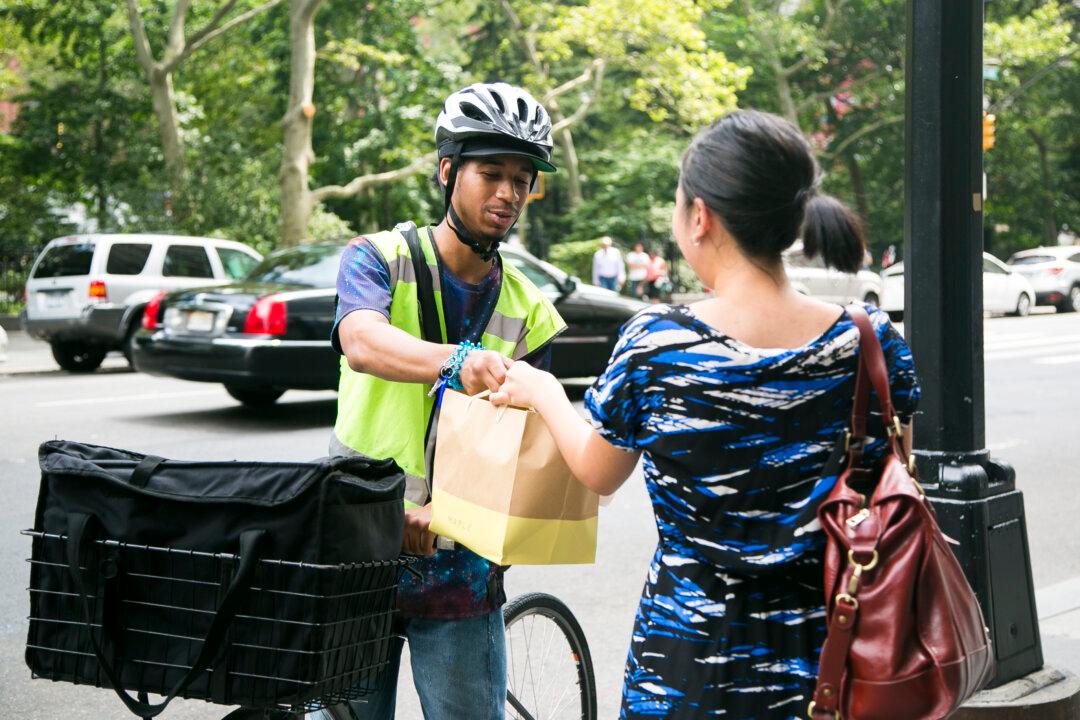Huntington Beach city council rejected an urgency ordinance March 16 that would have capped delivery fees on companies such as DoorDash, Uber Eats, and Grubhub.
Third-party food delivery apps charge local restaurants up to 30 percent of the customer’s order. The motion would have limited those fees to 15 percent for restaurants.





